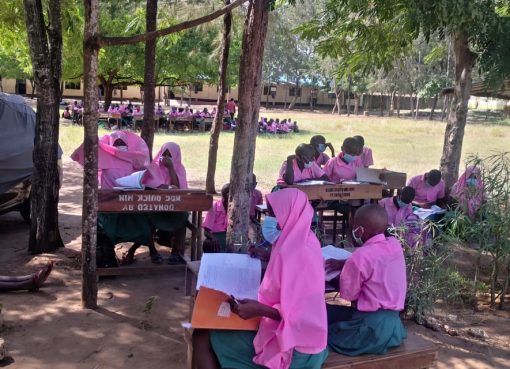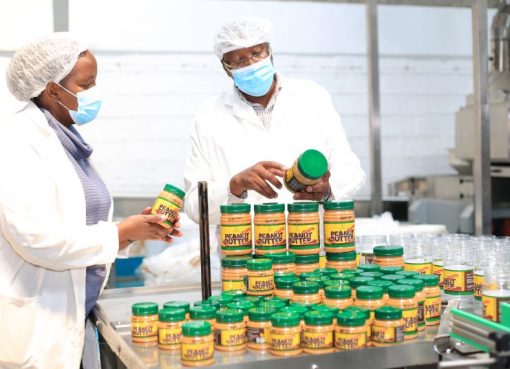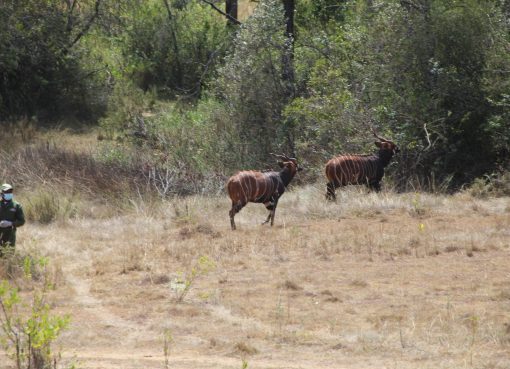About 5,000 Maasai morans have assembled at Rotian area in Narok North Sub County are all set to undergo a cultural rite of passage that takes three months.
The young men aged between 18 and 23 years will be taught values in the Maa community by respected elders in the society before holding a graduation ceremony.
The ceremony dubbed ‘eunoto’ is a vital male rites of passage ceremony performed after every 15 years to mark the transition to another age set.
This week, groups of morans from Nkaretta area, lower Mau, Mosiro and Naroosura areas have been trooping at the Rotian Manyatta to start their three months ceremony.
The junior men were led by Nkaretta Member of County Assembly James Ole Kiok and attended by various Maa traditional chiefs.
The ceremony is normally colorful and embraces unique customs that are greatly honored in the life of a Maasai Man.
Traditional chief Joseph ole Lemara of Irkisaruni age set said that after the ceremony, the morans will now be permitted to marry and allows them to engage in the decision-making processes in the community to prepare them to become future elders.
“This process is very vital in the Maa culture as the young men are taught the values of the community before they start engaging in serious business like marriage and having property,” said Ole Lemara.
Kiok said that ‘eunoto’ ceremony is normally practiced across all Maasai communities in Kenya especially in Narok and the neighbouring country, Tanzania.
“The ceremony that has just begun is for young men from the Purko clan. All other clans hold such ceremonies on different dates,” said Kiok.
During the ceremony, the young men mainly eat meat from cows and goats that are given by the local leadership and wealthy persons in the society.
Once the ceremony is over, the young men graduate in a sacred ceremony that is conducted by the traditional chiefs in presence of local leadership.
by Ann Salaton





